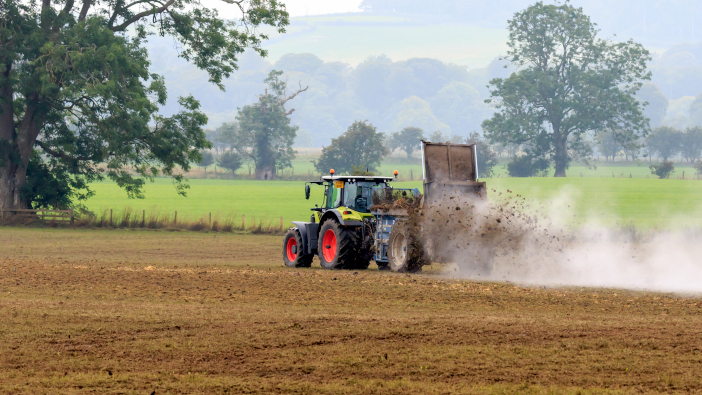The UK Agri-Tech Centre has announced a new project, which it states will help to optimise the use of livestock manure and nutrients, while also reducing costs and the environmental impact.
‘Nutrient Utilisation and Recovery through Supercritical Extraction’, or NURSE, is led by collaborators including Kairos Carbon Limited (lead), Cranfield University, Royal Agricultural University and the UK Agri-Tech Centre and is part of Defra’s Farming Innovation Programme, delivered in partnership with Innovate UK.
It aims to develop a hydrothermal technology to process livestock waste, recovering the nutrients within to produce a carbon-negative, non-leaching fertiliser.
It’s hoped that the system can be expanded to additional industries to process sewage sludge, municipal waste and hazardous chemicals.
Megha Raghavan, CEO of Kairos Carbon Limited, said: “It is critical that we find ways to turn wet organic wastes from a problem into a resource.
“This technology has the potential to prevent environmental contamination, fight nutrient depletion and remove billions of tonnes of carbon dioxide from the atmosphere, making it a powerful tool in the fight against climate change.”
Dr Stuart Wagland, reader in Energy and Environmental Chemistry at Cranfield University, said: “Developing novel thermochemical processes to manage challenging wet wastes, dealing with emerging contaminants and recovering nutrients will have a significant impact across the UK and we are excited to be involved in this project.”
Dr Karen Rial-Lovera, associate professor in Agriculture and Dean of Agricultural Science and Practice at the Royal Agricultural University, said: “This innovation seeks to support our growing need for sustainable nutrient management in agriculture.
“By repurposing waste products into a targeted fertiliser, the project has the potential to reduce contamination, waste and improve crop yields.”
Charlie Bowyer, farm technology specialist at the UK Agri-Tech Centre, said: “Manure is an invaluable source of on-farm nutrients in livestock systems, but it is not without its challenges.
“Challenges around cost-effective and sustainable manure and slurry storage and point and diffuse air and water pollution are all serious issues facing farms producing manure.
“Furthermore, the east-west arable/livestock divide has led to an asymmetry in the availability of organically-derived nutrients in farming systems.
“Technologies to effectively process manures to eliminate storage issues whilst adding value by concentrating or stripping nutrients are sorely needed and this project takes a step towards developing a fascinating process to achieve just this.”


